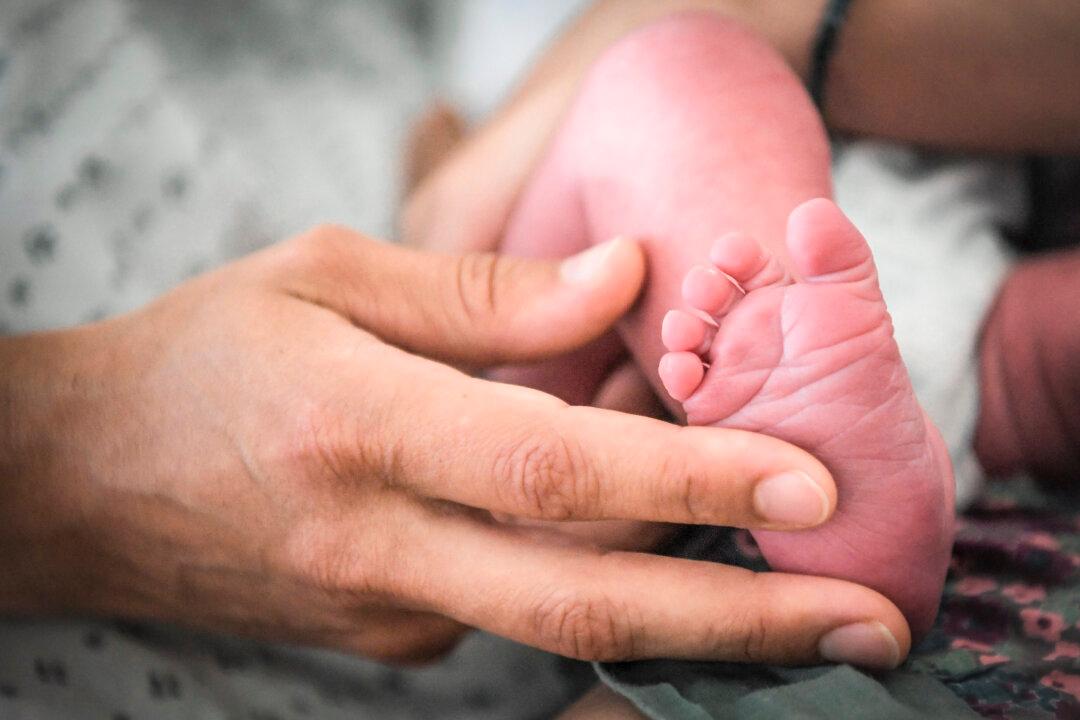A bill aimed at improving maternal health outcomes in Massachusetts is on its way to Gov. Maura Healey’s desk after receiving final approval from state lawmakers.
At present, Massachusetts offers no pathway to licensure for certified professional midwives or lactation consultants. That’s just one policy that would change upon the bill’s signing.





